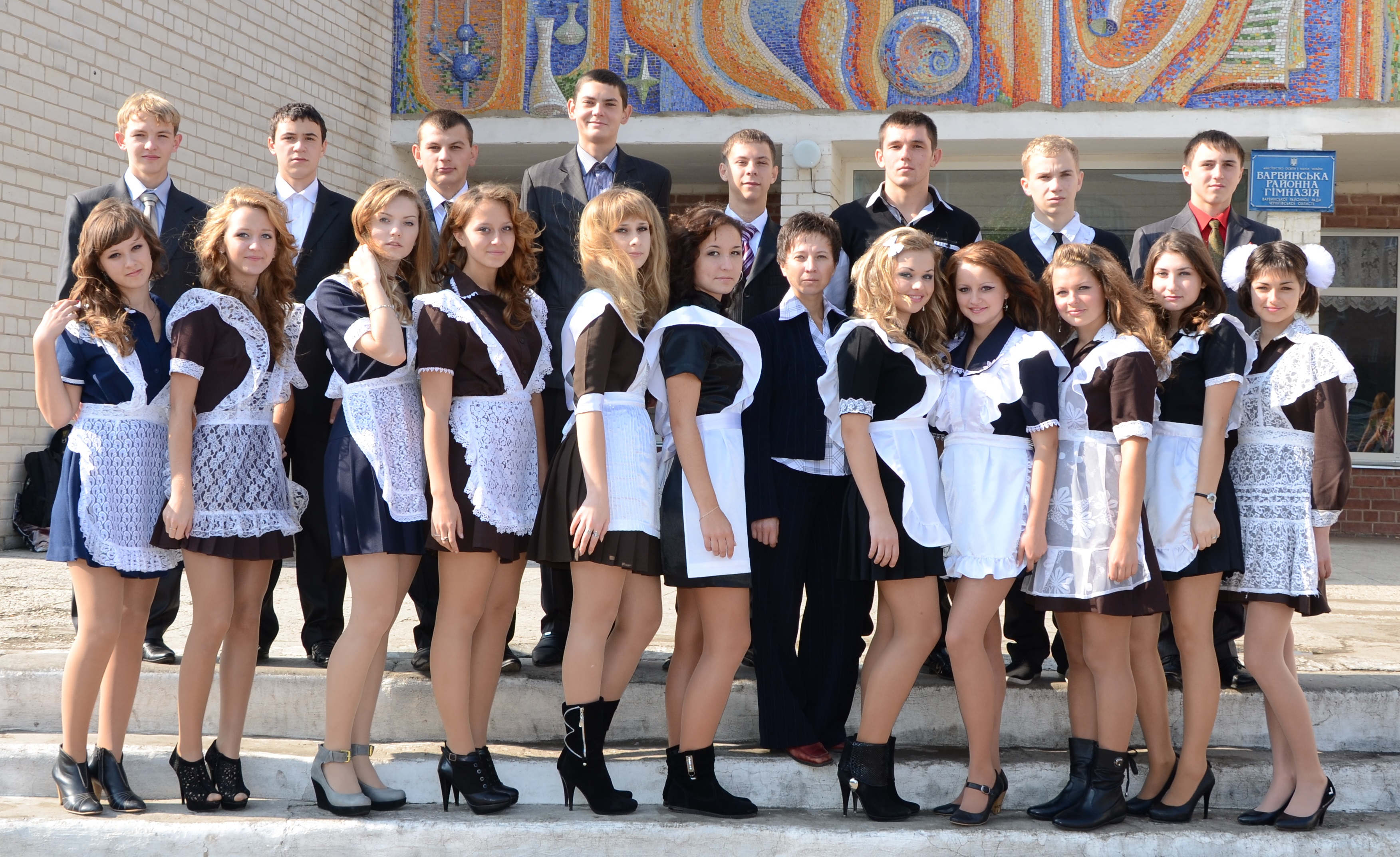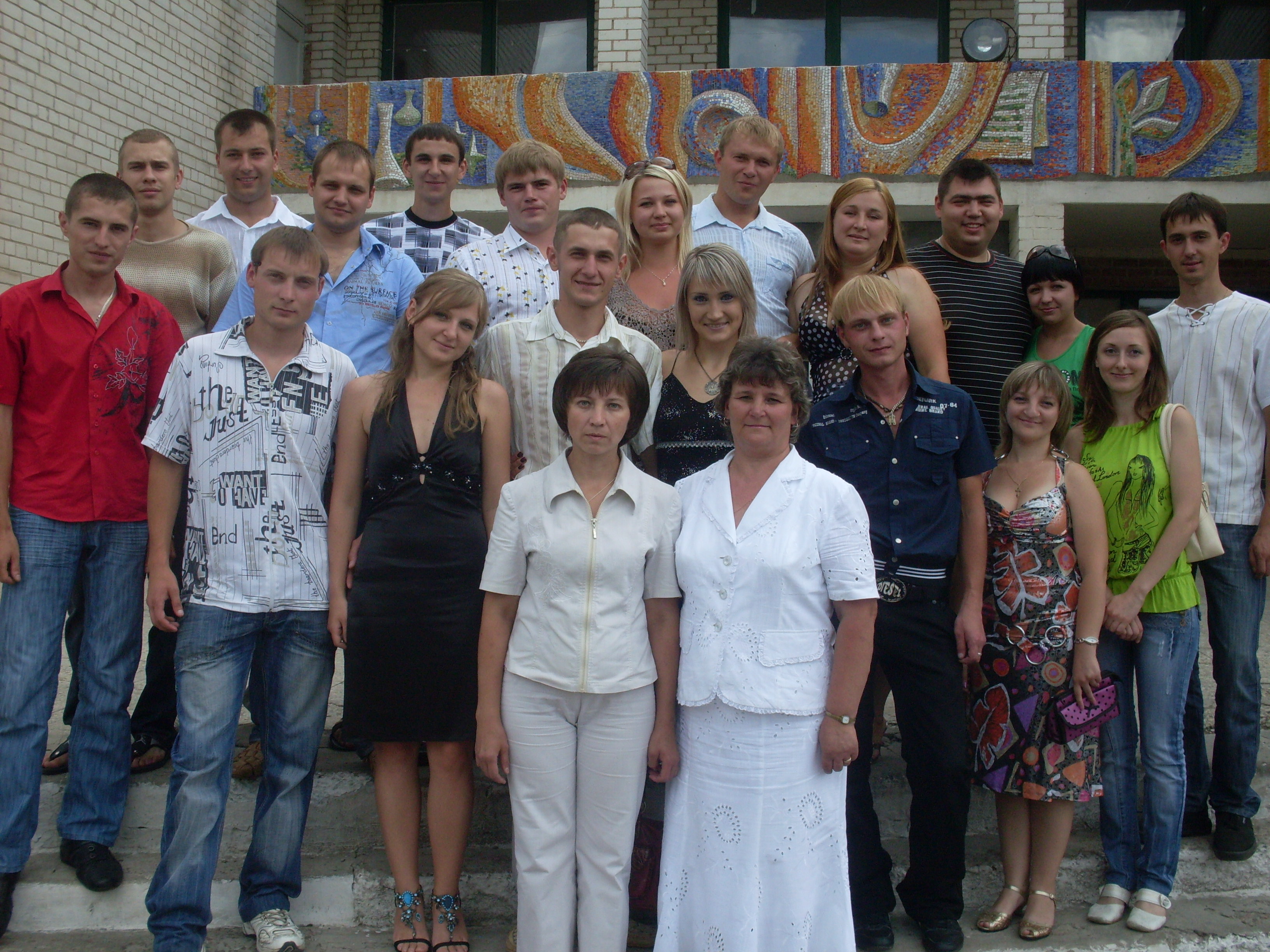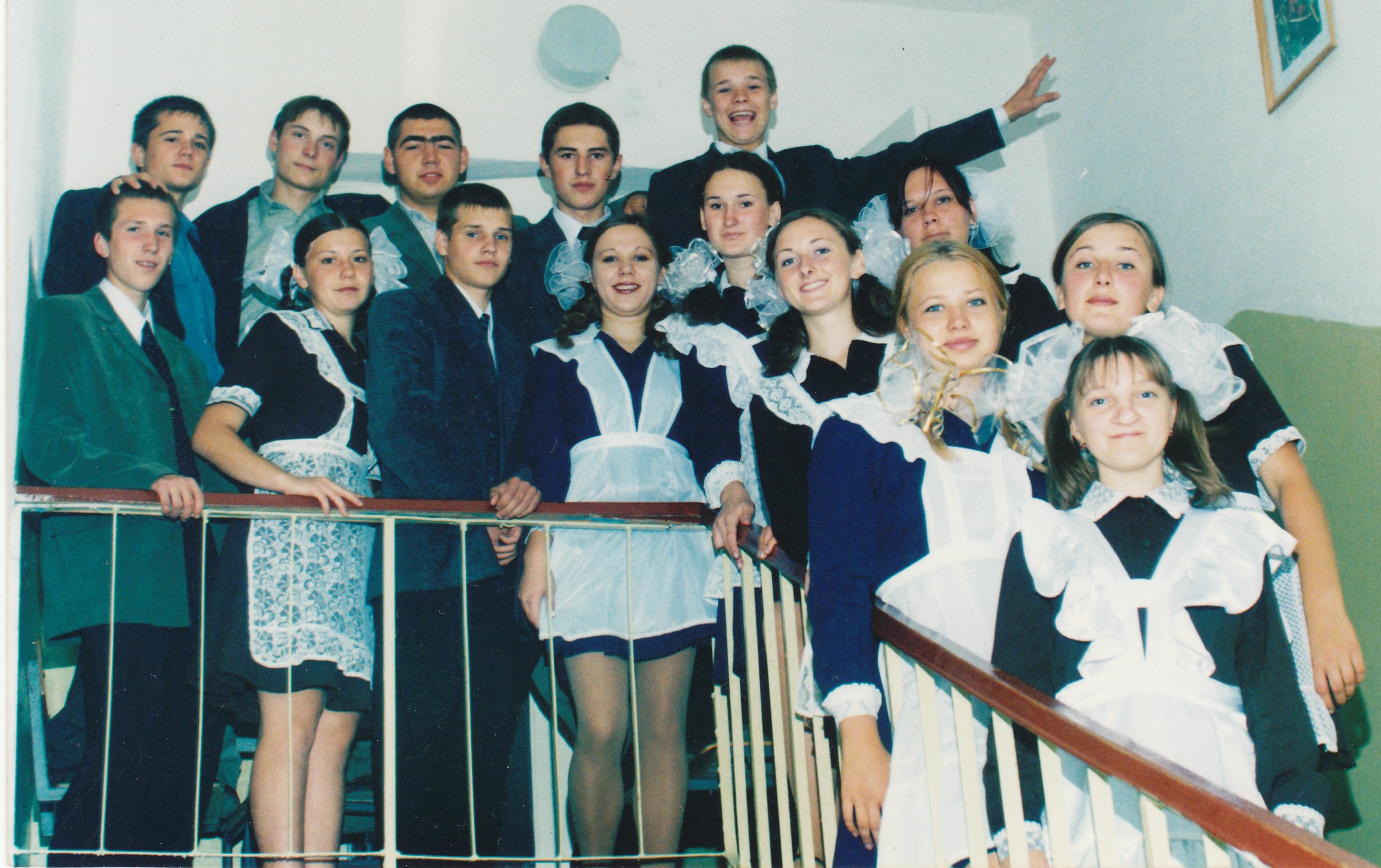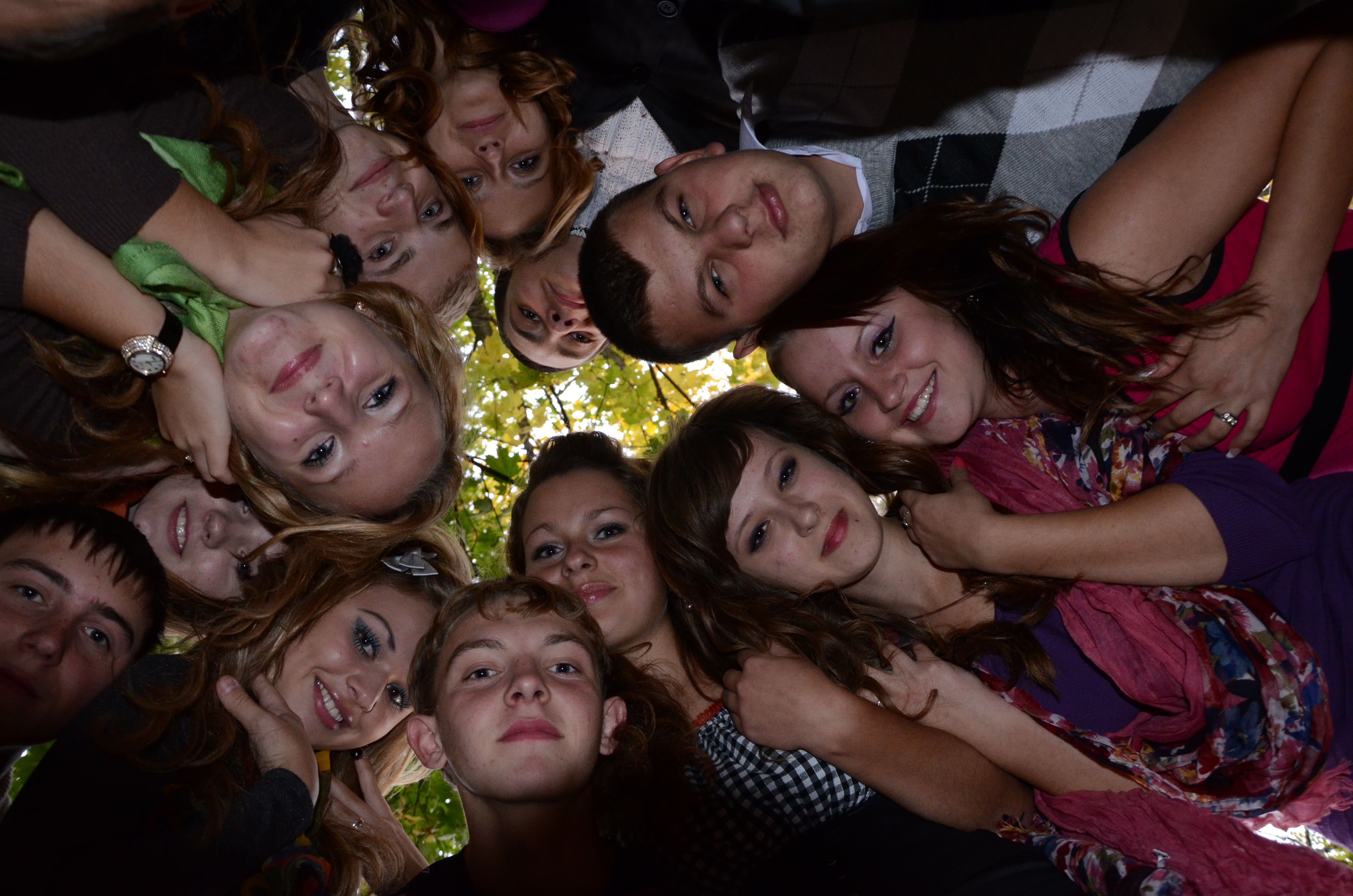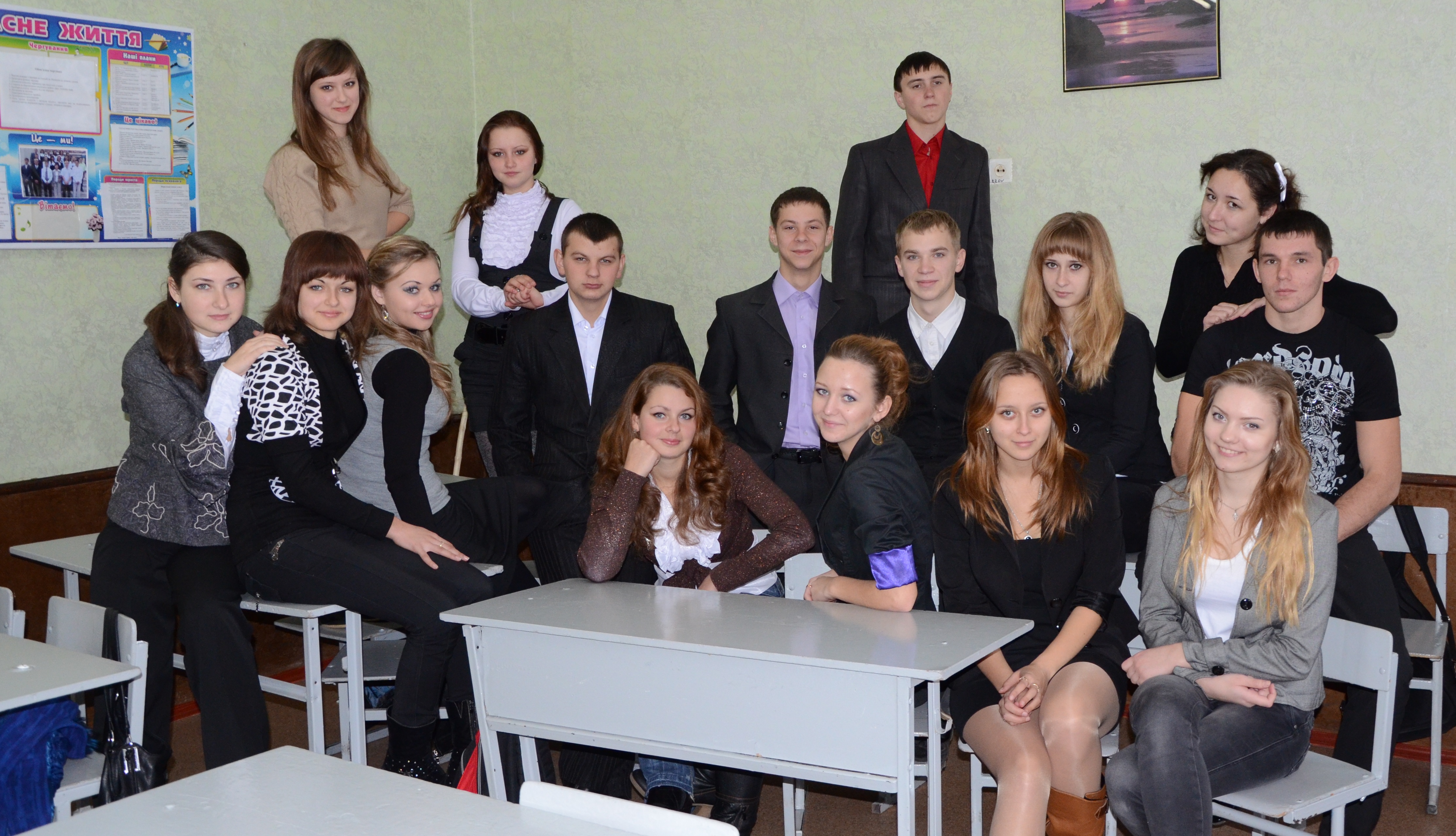Country Study Test 7
TEST 1
Choose the correct answers.
1) What’s the capital of the Republic of Ireland?
A) Cardiff
B) Dublin
C) London
D) Belfast
2) Where in Britain can you find Loch Ness?
A) England
B) Wales
C) Scotland
D) Northern Ireland
Education in Great Britain
In Great Britain children begin to go to school at the age of five. First they study at infant schools. In these schools they learn to draw with coloured pencils and paints. They also make figures out of plasticine and work with paper and glue. They play much because they are very young. Later they begin to learn letters and read, write and count.
At the age of seven English schoolchildren go to junior schools. They do many subjects: English and Maths, History and Music, Natural History and Drawing, Handicrafts, French and Latin. They do not go to school as early as we do, but they stay there longer. The first lesson usually starts at 9 o’clock. There are 3 lessons with short breaks of 10 minutes between them and then an hour break for lunch. After lunch they have two more lessons which are over by half past three.
If you have a look at an English pupil’s school record you will see that the marks in it differ from the marks we have. Our schoolchildren get marks from 1 to 12. At English school there are marks from 1 up to 10 and at some schools from 1 up to 100.
Junior school ends at the age of 11 when pupils take the Eleven Plus examination and then secondary school begins.
At the age of 16 schoolchildren take their GCSE exams. Only 45 per cent continue with full-time education after 16. The rest go to work or join employment training schemes.
Schooling in Ukraine
As a rule, schooling begins at the age of 6. The Ukrainian educational system is organized into four levels: primary, secondary, higher and post-secondary education.
General secondary education is compulsory. Post-secondary education is available in different ways. Primary and secondary school has three stages: junior, basic and senior. Primary school comprises grades 1 to 4. Grades 5-9 are usually referred to as “basic school”, while 10-12 are “senior school”. Students usually study in the same school building throughout their primary and secondary education. Primary schooling lasts 4 years and basic school 5. The middle school curriculum varies slightly between schools. There are then 3 profile years. New types of schools appeared: gymnasiums, lyceums and private schools. Post secondary education is provided by vocational training schools, universities and institutes. Higher education gives different qualifications: primary specialist (Bachelor’s), specialist and Master’s Degree. Higher education is either state funded or private. Ukraine cooperates with more than 50 international educational organizations.
Sport in Our Life
Sports are popular all over the world. Most sports require a combination of physical fitness, mental sharpness, and teamwork. Sports are a good way to make friends. Both professional and amateur sports are a common ground for people of all ages, backgrounds and nationalities.
Many unusual sports are popular nowadays – parachuting, karate, different kinds of dance; but the traditional sports are still just as much fun.
All kinds of physical exercises are very useful to make our bodies strong enough to keep ourselves fit and healthy. The most popular outdoor winter sports are shooting, hunting, hockey, skating, skiing etc. Some people greatly enjoy figure-skating and ski-jumping. It’s so nice to go to the skating-rink or the forest on a frosty sunny day.
Summer affords excellent opportunities for swimming, boating, cycling and many other sports. Among outdoor games football takes the first place in public interest; this game is played in all countries of the world. Golf, lawn-tennis, cricket, volley-ball, basket-ball are also popular in different countries.
All the year round many people enjoy boxing, wrestling, athletics, gymnastics and track and field events. Among indoor games the most popular are billiards, table-tennis, draughts and some others, but the great international game is chess.
If we train and play hard, we become fitter. Our bodies become suppler and stronger. There is a Latin phrase, “mens sana in corpore sano” (a sound mind in a sound body), which express the fact that your body is fit then your mind will be too. So we may say that sport is one of the things that makes people kin. Sport also brings enjoyment. Sport makes us more organized and better disciplined in our daily activities.
Try to take part in some sport or exercise regularly and you will feel much healthier and happier person. Whatever type of person you are, there is a sport which will suit you, and there are many different ones to choose from.
Why Go to School
“There’s more information on the Internet than in a million schools and in all the teachers and schools books in the world” some of us say, “so, why go to school?”. In my opinion, there’s more education in school than just acquiring information. While the Internet provides information schools can provide knowledge.
Knowledge is not just information but the organization and interpretation of information, which can be achieved through a good schools curriculum. Besides, the group work, teamwork and games in class can help students define themselves and the way they relate to others. It means that schools, unlike the Internet, provide young people with knowledge, critical thinking skills and social skills.
It is obviously that some students like school, others think they hate it. For students who are doing well, school is an attractive place. But those who are not successful with their grades and are always pressed by teachers and their parents, consider school boring and uninteresting.
School is not only a place of formal education, it is a place where students can develop their skills in social relationships, and increase their tolerance and mutual respect for each other.
At school we can enjoy different cultural and confidence-building activities and, at the same time, realize and demonstrate our individual talents. Everybody has an opportunity to take part in dramatic and musical performances at a school or class party or in school or interschool sports competitions. Now, many of the activities are organized through clubs. They provide variety to the main educational programs and can also be enjoyed away from school and outside regular school hours.
After the home, school is the main social environment for young people. At school we make our best friends with whom we spend considerable time going together to excursions, concerts, parties and discos.






